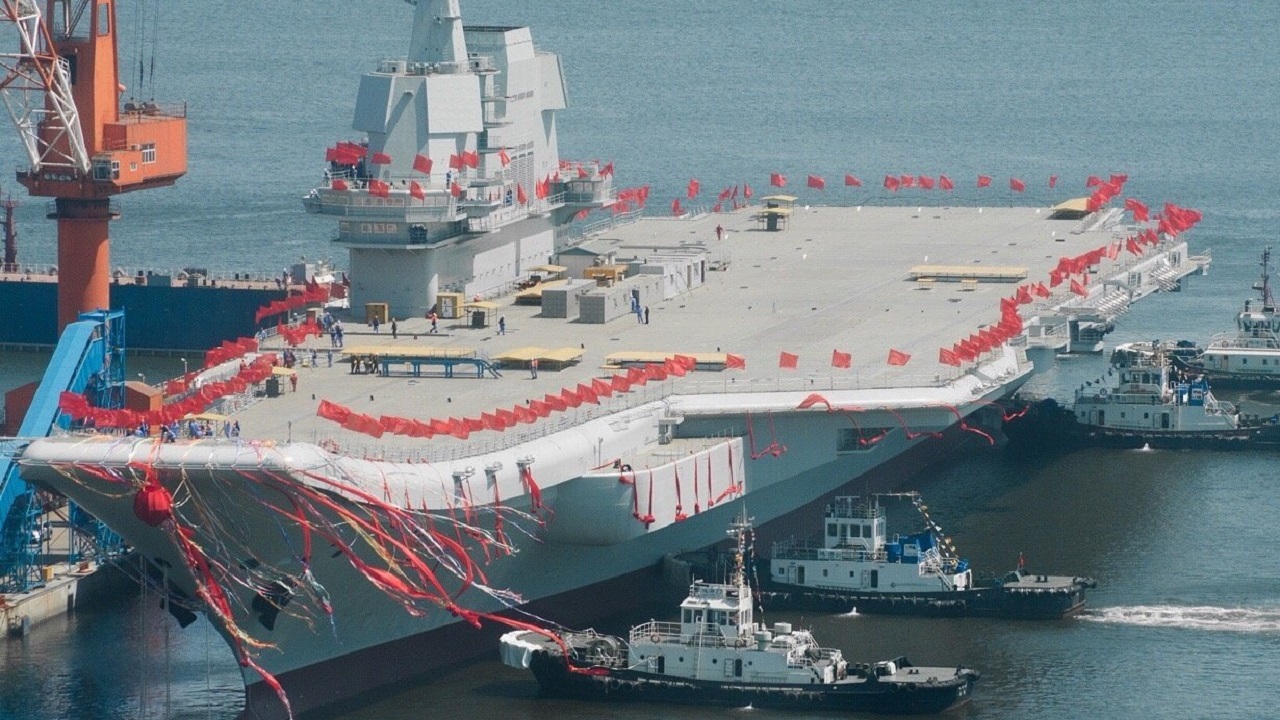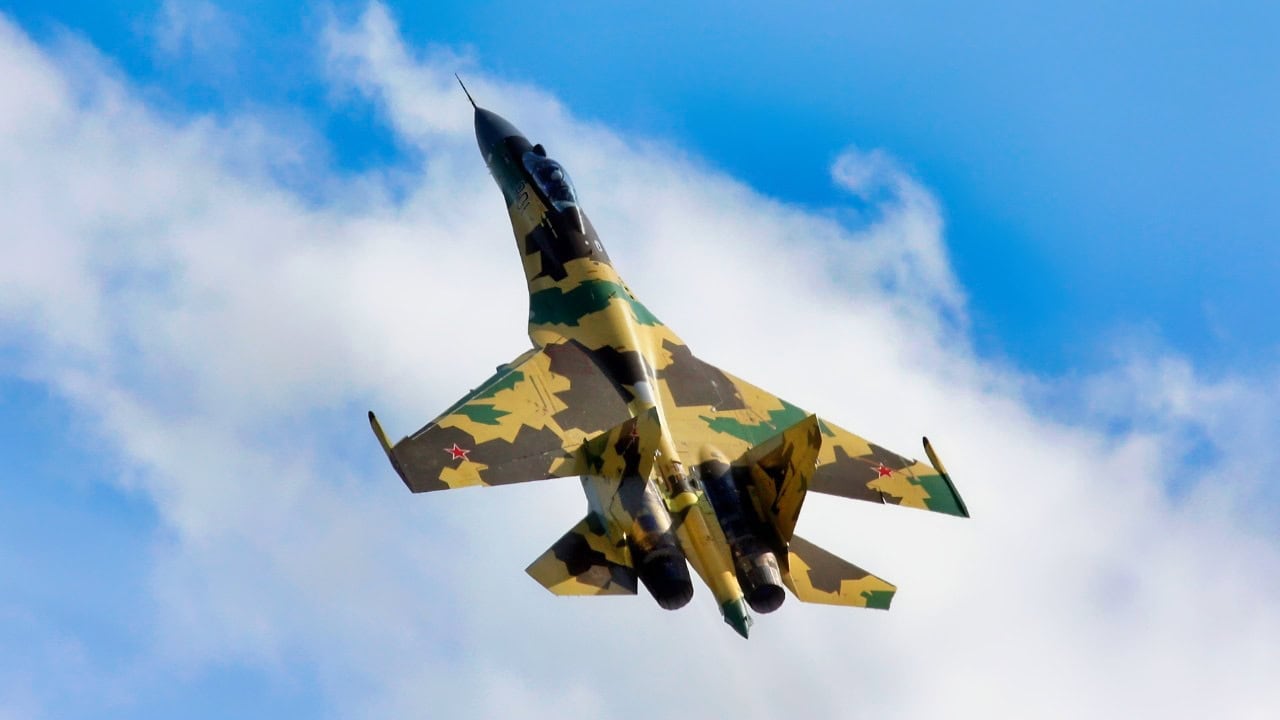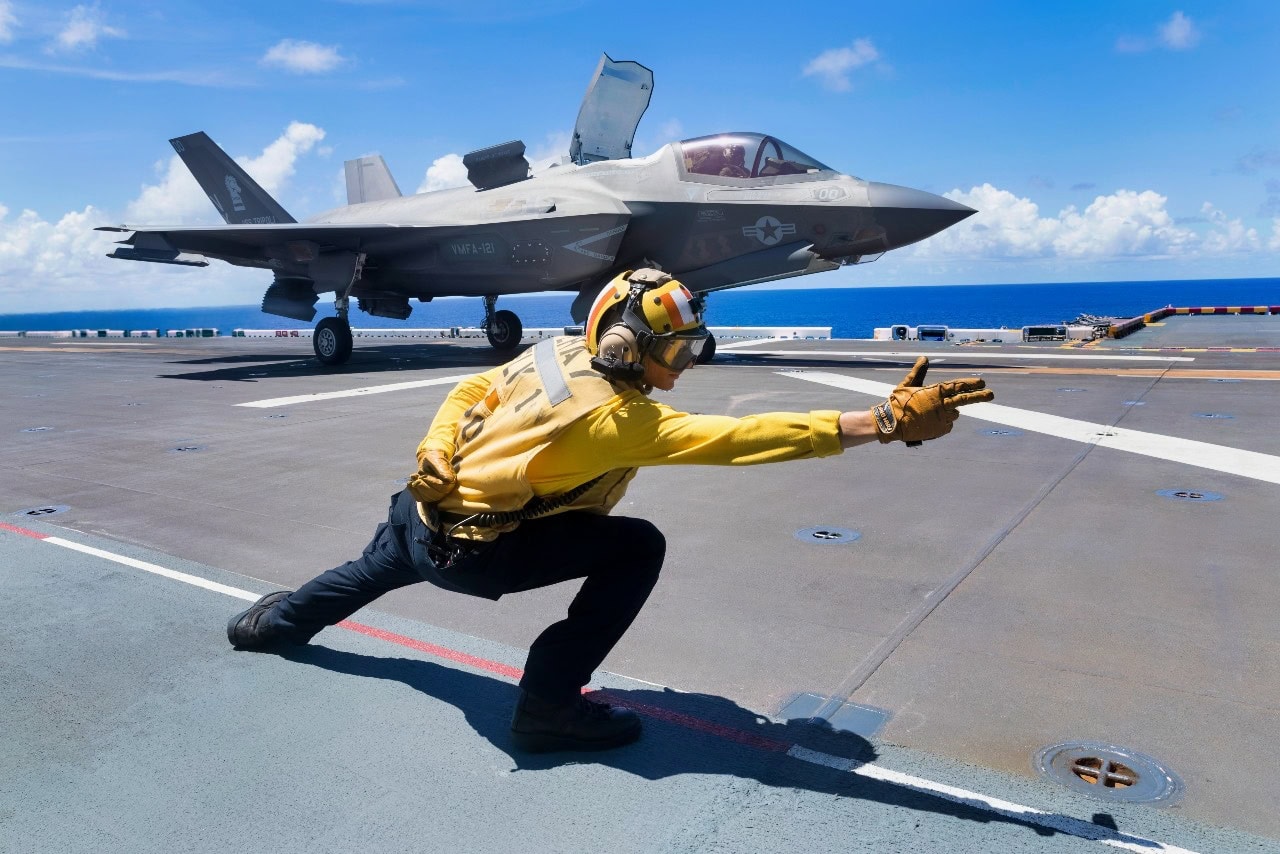As Donald J. Trump takes office as the country’s 47th President, American foreign and security policy are at an inflection point.
While analysts routinely predict various and sundry policy changes when a new administration arrives on the scene, I will refrain from assessing the defining pillars of the Trump administration’s foreign policy agenda until the principals are in the saddle and the policy process moves forward.
Instead, I would like to focus on where the United States is today regarding its relative power position in the world, and how we got here.
And the news is not good. In just one generation, America’s policy elites frittered away an inordinate amount of power. Following the collapse of the Soviet empire, the US policy community all but abandoned our traditional pragmatism and the respect for geopolitical constraints that heretofore had tempered America’s strategic thought.
In short, we let ideology overpower geopolitical considerations.
Since the collapse of the Soviet Union in 1991, the United States has played a normative game, professing that we lived in a world of rules tied to principles-based interlocking systems that would compel states to pursue integration into the global trade networks to set them on the course for reform, liberalization and “complex interdependence.”
The searing trauma of 9/11 transformed those assumptions into articles of faith, making pre-emption our preferred driver of policy in place of the heretofore constraining geopolitical calculus. The ideological assumptions of those years convinced America’s policy elites that we could remake entire cultures and civilizations, including communist China, into responsible stakeholders in the international system.
We drew the wrong lessons from our own experience as a country. The correct notion that markets are the best allocators of resources and value, which served as a pathway to America’s prosperity and undergirded the country’s economic resurgence in the 1980s, was projected worldwide as the foundational precept of the new globalist catechism.
Little thought was given to the fact that, unlike the nation-state governed by enforceable rules and laws, the Darwinian self-help eco-system that political scientists refer to as “international relations” possesses few rules and no real enforcement mechanisms to speak of.
The offshoring of our industrial production chains to China and elsewhere in pursuit of labor arbitrage was accompanied by even more reckless technology transfers across the board, with our labs and research universities becoming the preferred place to educate communist China’s engineers and future weapons designers.
All the while, China and Russia, our principal competitors, aided by Iran and North Korea, went about building and expanding the foundations of their hard power, investing in their defense industry and expanding and modernizing their militaries.
We all but ignored repeated warnings that geopolitics remained the foundational driver of international security. When we were confronted with blatant violations of the very norms and rules we professed to hold dear, such as Russia’s invasions of Georgia or Ukraine, we prioritized escalation management.
Why? Because we feared a wider conflict, but also because US and European governments could not disabuse themselves of the belief that our adversaries were rational actors invested, as we were, in making the system work as we believed it should.
For over three decades, we deluded ourselves that in this brave new globalized world national security was no longer the irreducible function of the state, for “complex interdependence” and markets would defuse confrontation in the name of economic stability.
We are now facing the reality of an unfolding great power conflict that may devolve into a great power war. Our manufacturing base has been significantly reduced – in some areas gutted – while that of our enemies has expanded and thrived. Our adversaries’ penetration of our societies at every level has allowed for influence operations on our home turf on a scale that would have never been tolerated during the Cold War.

Fujian, China’s new aircraft carrier. Image Credit: Chinese Internet.
The extent of intellectual property theft by China, and simple extortion in exchange for market access, has made our companies vulnerable in key areas of their business operations, leading in some cases to partial elite capture by outside players. The loss of manufacturing has been accompanied by social dislocation and the shrinking of the American middle class, with wage disparities unknown since America’s Gilded Age, and attendant political instability and systemic fracturing not seen since the Great Depression.
It is time we looked in the mirror and asked ourselves how it was possible that a civilization like ours which prided itself on rationality and empiricism spent three-plus decades pursuing the chimera of a “flat world” as we imagined it – or willed it to be – but not how it was.
As the second Trump administration takes the reins, the question stands: Can we re-learn the basics of geopolitics and rational calculus that allowed us to triumph in the two World Wars and the Cold War?
Even as we look to the future, we must come to terms with the past – not to bemoan what happened, but with a steely determination never to repeat those mistakes. We must absorb the painful lessons of the post-Cold War decades, recognizing that it was largely our ideological certitude that hobbled this great country.
We must vow not to allow this to happen again, and resolve that we can and will course-correct.

Su-35 Fighter from Russia.
About the Author: Dr. Andrew A. Michta
Andrew A. Michta is Senior Fellow at the Scowcroft Center for Strategy and Security at the Atlantic Council of the United States. Views expressed here are his own.

